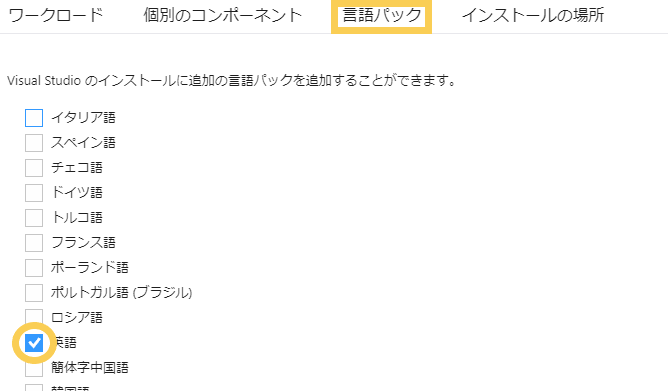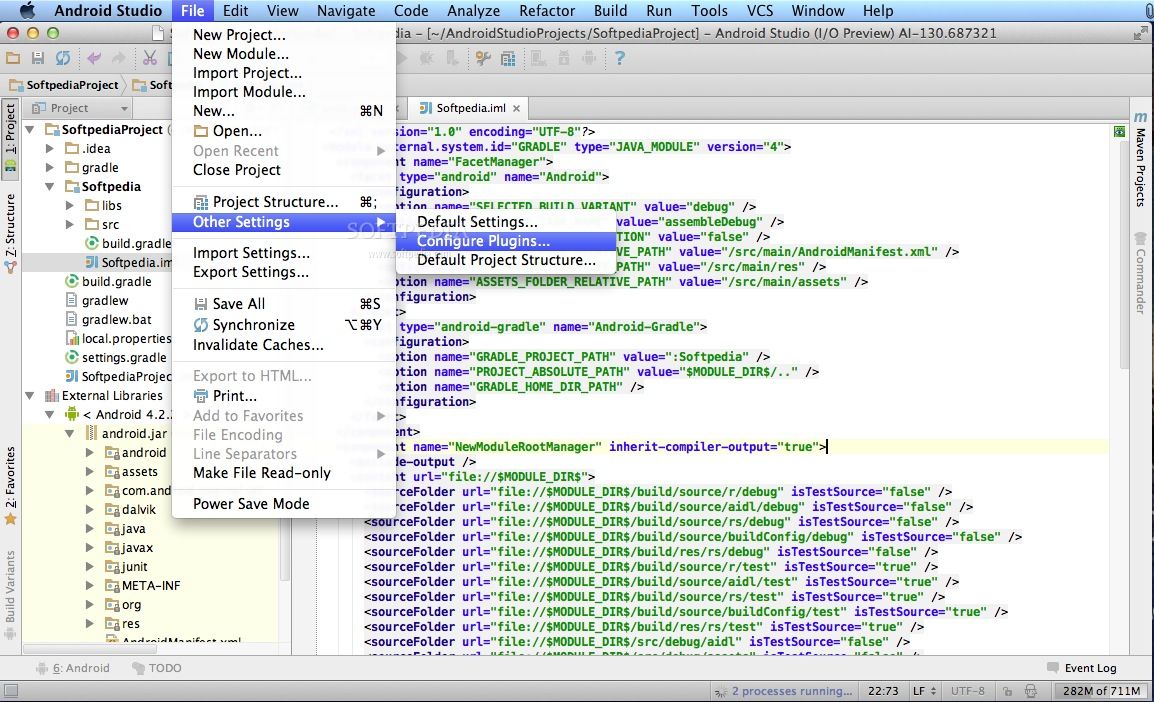
Android studio language android#
JAVA application runs on JVM (JAVA Virtual Machine) but Android has it’s own virtual machine called Dalvik Virtual Machine (DVM) optimized for mobile devices.īeing a JAVA programmer you will need some tools or software to code and run it. The primary goals of JAVA is to be simple, object-oriented, robust, secure and high level. It is class based and object oriented programming whose syntax is influenced by C++. JAVA is a programming language which is used in Android App Development. So if you are a beginner in Android then JAVA language and complete knowleadge of OOPS concepts is the first thing you need to learn before beginning Android Development.

Android studio language for android#
can also be used for developing Android App, but JAVA is most preferred and mostly used programming language for Android App Development. Android Studio is tailored for Android app development with extensive support for Java and Kotlin, while Visual Studio is a versatile IDE supporting multiple languages and platforms.Android App are mostly developed in JAVA language using Android SDK (Software Development Kit). In summary, Android Studio and Visual Studio are powerful IDEs with different focuses and target audiences. Visual Studio also has a vast ecosystem of extensions, with the Visual Studio Marketplace offering a wide variety of plugins for different programming languages, frameworks, and integrations. It also supports HTML and CSS editing for web development.Įxtensions and Plugin Ecosystem: Android Studio supports a wide range of plugins and extensions through the Android Studio Plugin Marketplace. Visual Studio, on the other hand, provides XAML-based designers for building UI in platforms such as WPF, UWP, and Xamarin.Forms. It offers drag-and-drop functionality, XML editing, and device-specific UI previews. UI Design and Layout: Android Studio includes a powerful visual editor called the Layout Editor, which allows developers to create, modify, and preview the user interface (UI) of their Android apps. Visual Studio provides a comprehensive suite of tools and services, including version control integration (e.g., Git), testing frameworks, debugging tools, code refactoring, and extensive support for Azure cloud services. It also offers built-in support for Google Cloud services, Firebase, and the Android Profiler for performance analysis. Integrated Tools and Services: Android Studio integrates with various Android-specific tools and services, such as the Android SDK, Android Virtual Device (AVD) Manager for emulators, and Google Play Services. It offers language-specific tools, frameworks, and extensions to enhance productivity for each supported language.

Visual Studio, on the other hand, supports a wide range of programming languages, including C#, VB.NET, F#, JavaScript, TypeScript, and many others. It provides features like code completion, linting, and debugging specific to these languages.

Language Support: Android Studio is optimized for Java and Kotlin. Visual Studio, on the other hand, is a versatile IDE that supports multiple programming languages and platforms, including Windows, web, cloud, and mobile app development. It provides a rich set of tools, emulators, and libraries tailored for Android development.

Platform and Target Audience: Android Studio is specifically designed for developing Android applications. Let's explore the key differences between Android Studio and Visual Studio: Android Studio vs Visual Studio: What are the differences?Īndroid Studio and Visual Studio are integrated development environments (IDEs) used for application development.


 0 kommentar(er)
0 kommentar(er)
